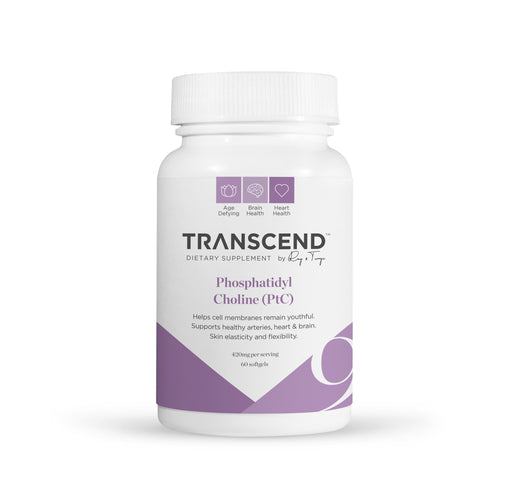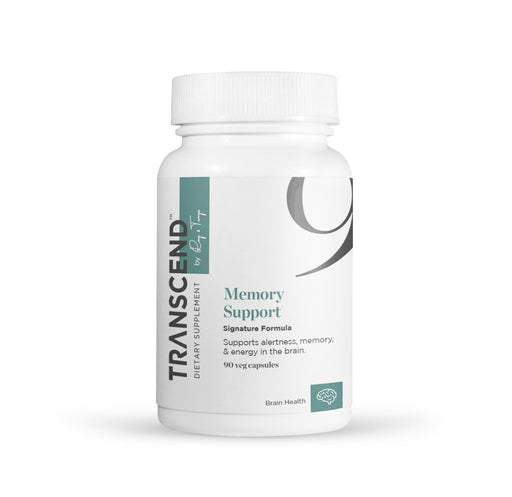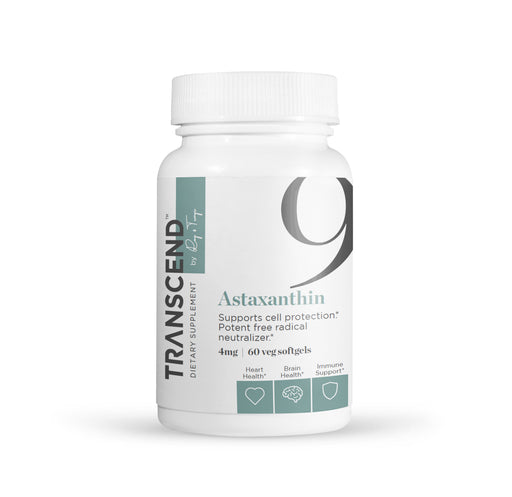
Anti-Aging Complex (ALA/ALC/Carnosine/GSE)
A Kurzweil + Grossman Formula Antioxidant and anti-aging protection Increase energy Fight aging Decrease wrinkles Cellular integrity Anti-Aging...
View full details
Our brains are composed of two main cell types: neurons and glia.
Neurons are nerve cells, responsible for taking up, processing, and transmitting information through electrical and chemical signals. Neurons carry stimuli, allowing you to react to your environment. When you hold your hand too close to a hot stove, for example, ascending neurons carry the sensation to your nervous system, which prompts descending neurons that trigger you to remove your hand from the heat.
Glial cells, also known as glia or neuroglia, are the non-neuronal cells in the central nervous system. They primarily function as neuron support, surrounding, protecting, and supplying nutrients and oxygen to the neurons. Glial cells also work to destroy pathogens and remove dead neurons, acting as the sort of "immune cell" of the brain.
The scientific study and understanding of glial cells have come a long way from their discovery in the 1800s. Initially, glia were considered secondary to neurons. The name "glia," in fact, comes from the Greek word meaning glue, as their passive work holding neurons in place was considered their most important job.
However, in the 1980s, neuroscientist Pierre Magistretti discovered evidence that neurotransmitters could trigger the release of glucose reserves in astrocytes, a type of glial cell.
Suddenly glial cells, previously considered the supporting players of the central nervous system, had the potential to go beyond neuron support. They might even, scientists hypothesized, be able to influence neuron activity.
Previous studies targeting only neurons may have missed the potential of the glial cells. It's not because the glial cells weren't a considerable presence, either: there are approximately 85 billion glia in the human brain, about the same number as neurons.
Glial cells are now believed to influence a wide variety of functions, including depression; appetite and metabolism; and learning and memory. Neuroscientist Andrew Koob even argued that glia might be the source of our imaginations.
Potentially the most exciting implication of all, though? Glial cells may influence neurogenesis.
Neurogenesis is the growth and formation of new neurons in the central nervous system, particularly in the brain.
Until relatively recently, neuroscientists believed that neurogenesis did not occur in adult humans. Instead, we thought that new neurons were only formed during embryonic development and very early childhood. The nervous system grows and changes rapidly in our first years; after that, it was believed, the nervous system could not produce new nerve cells. New neurons in the adult brain were simply not possible. Emerging research over the past few decades appears to contradict that belief, though.
Note: this theory is still somewhat contested. As recently as 2018, scientists still weren't convinced that adult brains could form new neurons. In 2019, though, a new study published in Nature Medicine argued that strong evidence points towards adult hippocampal neurogenesis.
Adult neurogenesis is believed to occur in two main regions of the brain: the hippocampus and the olfactory bulb.
The hippocampus is a critical component of the limbic system and plays an essential role in learning, memory, spatial navigation, and emotional regulation. The olfactory bulb is involved in the sense of smell—the word "olfactory" derives from the Latin olfacere, meaning "to smell." Among other things, the olfactory bulb sends signals to the hippocampus. If a particular scent has ever transported you to a specific memory (say, lemons that smell like the tree in the backyard of your childhood home), you know that scent can play a primary role in triggering memories.
If neurogenesis does occur in these critical areas of the brain, it can make a substantial difference in the following areas:
If glial cells can generate neurons and spur these changes, they may have a significant and wide-ranging effect on the quality of life for many people.
There are several factors affecting neurogenesis, and many of them are within our control.
Activities
Diet
Supplementation
Glial cells appear to play a central role in adult neurogenesis, but so do you. By taking an active role in maintaining and supporting the health of your central nervous system, you may be able to build new brain cells and increase your longevity.
As always, follow Step 1 of TRANSCEND and talk to your doctor before making any drastic changes to your diet or lifestyle.

A Kurzweil + Grossman Formula Antioxidant and anti-aging protection Increase energy Fight aging Decrease wrinkles Cellular integrity Anti-Aging...
View full details
Improve skin elasticity Cell membrane flexibility Support memory function Healthy brain tissues Phosphatidylcholine (PtC) is a flexible phospho...
View full details
Improve short- and long-term memory Reduce stress levels Sharpen your cognitive performance Promote circulation and energy in brain Ray & ...
View full details
Healthy Eyes, Brain and Nervous System Potent carotenoid antioxidant Promotes healthy anti-inflammatory response Formulated with Zanthin® for eye...
View full details
Leave a comment